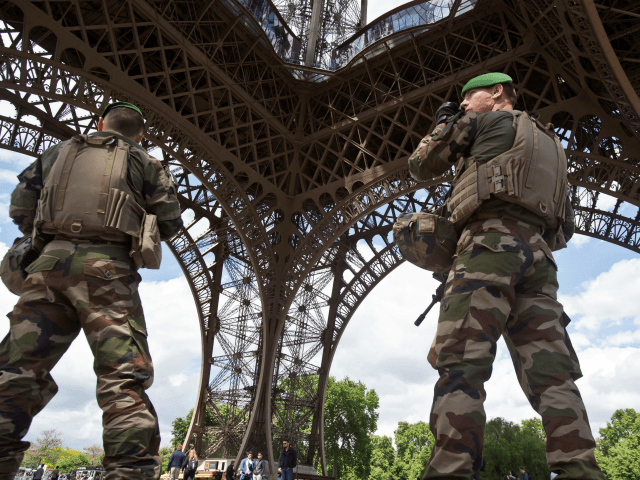Dutch police have arrested two Moroccan nationals suspected of planning terror attacks in France and the Netherlands.
The public prosecutor’s office announced that the two men, aged 22 and 27 years old, were arrested in the port city of Rotterdam on June 17th based on intelligence gathered by the General Intelligence and Security Service (AIVD), NLTimes reports.
The authorities are announcing the arrests only now because the suspects were in restricted custody, but they have since been arraigned and remanded for another 90 days.
One of the pair allegedly planned to carry out an attack in Paris, which radical Islamic terrorists have repeatedly targeted in recent years, after Ramadan.
“He wanted to die as a martyr and was excited about what he would find in paradise,” claimed the prosecutor, who also noted a possible plan to target police and security services in the Netherlands.
“In one chat conversation, one of the suspects mentioned a plan for an attack [in the Netherlands]. He also sent a photo of the Veranda police station in Rotterdam,” he said.
The revelations are reported to have disturbed police officers in Rotterdam, with city police chief Frank Paau telling Dutch media: “It has an impact on the Rotterdam unit and on colleagues across the country.”
Attacks on police officers and military personnel by Islamic radicals have become increasingly common in recent years, particularly in Paris.
Among other examples, Algerian national Farid Ikken — who had previously won a European Union ‘Journalist Prize Against Discrimination’ — attacked police officers with a hammer outside Notre-Dame cathedral, shouting “This is for Syria!”
In April 2017, two police officers were shot on the Champs-Élysées — one fatally — by Karim Cheurfi, an Islamic State sympathiser and possible member of the terror group while he was armed with an AK-47 type rifle.
In June 2017, a “known extremist” armed with a handgun was shot dead after ramming a police van in the same area, although he failed to kill any officers.
The terror threat throughout much of Western Europe remains acute.

COMMENTS
Please let us know if you're having issues with commenting.